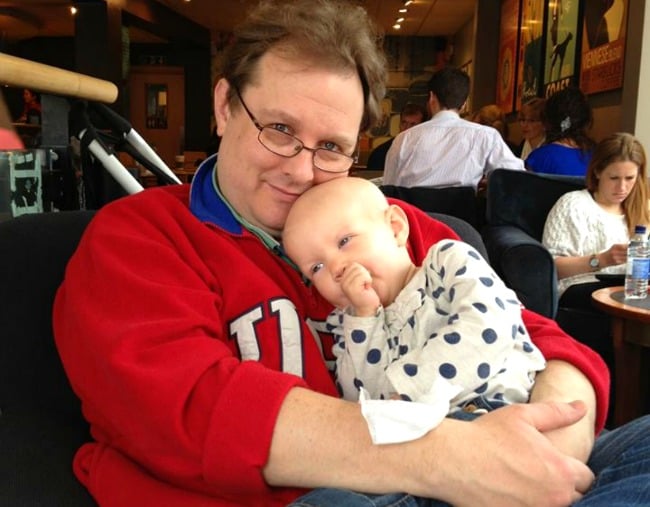
The loss of a child has been described as “losing your breath and never catching it again.” Any parent will recognise it as the unthinkable, and yet sadly, in spite of advances in medicine, childhood cancer is still very much a reality.
Anyone who has experienced grief knows that far from being the linear process of denial, anger, bargaining, depression and acceptance that we are taught about, it is an individual journey through hell that may force us to question everything about our existence.
And sadly, the aftermath for parents that have lost a child is no different. They have no choice but to carry on with their lives, driven by the needs of other children, financial responsibilities, or simply the desperation to keep the memory of their child alive.
So how do we navigate the pain and sensitivity of these parents, without getting it horribly wrong?
Friends of mine, Alex Bremer and his wife, Miriam, faced exactly this tragedy five years ago when they lost their two-year-old daughter Lizzy to neuroblastoma, after a tumour was initially discovered above her suprarenal gland. Keen to improve awareness about the disease – particularly in view of Childhood Cancer Awareness Month in September – they agreed to share with me their thoughts about the best ways to support parents in this terrible position.
I started by asking them how they felt immediately after Lizzy passed in July 2013– whether it was anger, or it was relief that she was no longer in pain?
“I’ve never felt anger at all during any stage of Lizzy’s illness – or since. Miriam has, and she struggles with it still – but she’s much more reconciled with things now,” Alex said.



Top Comments
I am so so so sorry about your loss. I lost my grandfather to lung cancer and it is still hard for me not to think about him.
I'm so sorry you have lost your child, I can't imagine a worse pain or why people would ever think to tell you that it's time to move on.
Thank you for sharing.